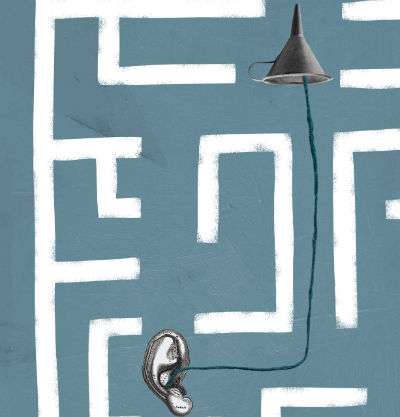Submitted by basma on
This report is part of CRIN's access to justice for children project, looking at the status of the Convention on the Rights of the Child (CRC) in national law, the status of children involved in legal proceedings, the legal means to challenge violations of children’s rights and the practical considerations involved in challenging violations.
Eritrea ratified the Convention on the Rights of the Child (CRC) on 3 August 1994. A person deemed a “child” in the Civil Code of Eritrea has limited juridical rights. The Transitional Civil Code of Eritrea defines a “minor” as a person of either sex who has not attained the full age of 18 years. A child under the age of 18 is placed under guardianship and the juridical acts of the minor are restricted. All legal and financial affairs of a minor are taken care of by a guardian or tutor. Whether a minor can give testimony in court is governed by judicial practice. It is up to the judge to determine whether a minor can testify with or without taking the oath. Eritrea does not have a juvenile-friendly justice system. Children between the ages of 15 and 17 are tried as adults, there is a lack of separation of children from adults in pre-trial detention, and deprivation of liberty is not applied as a measure of last resort.

